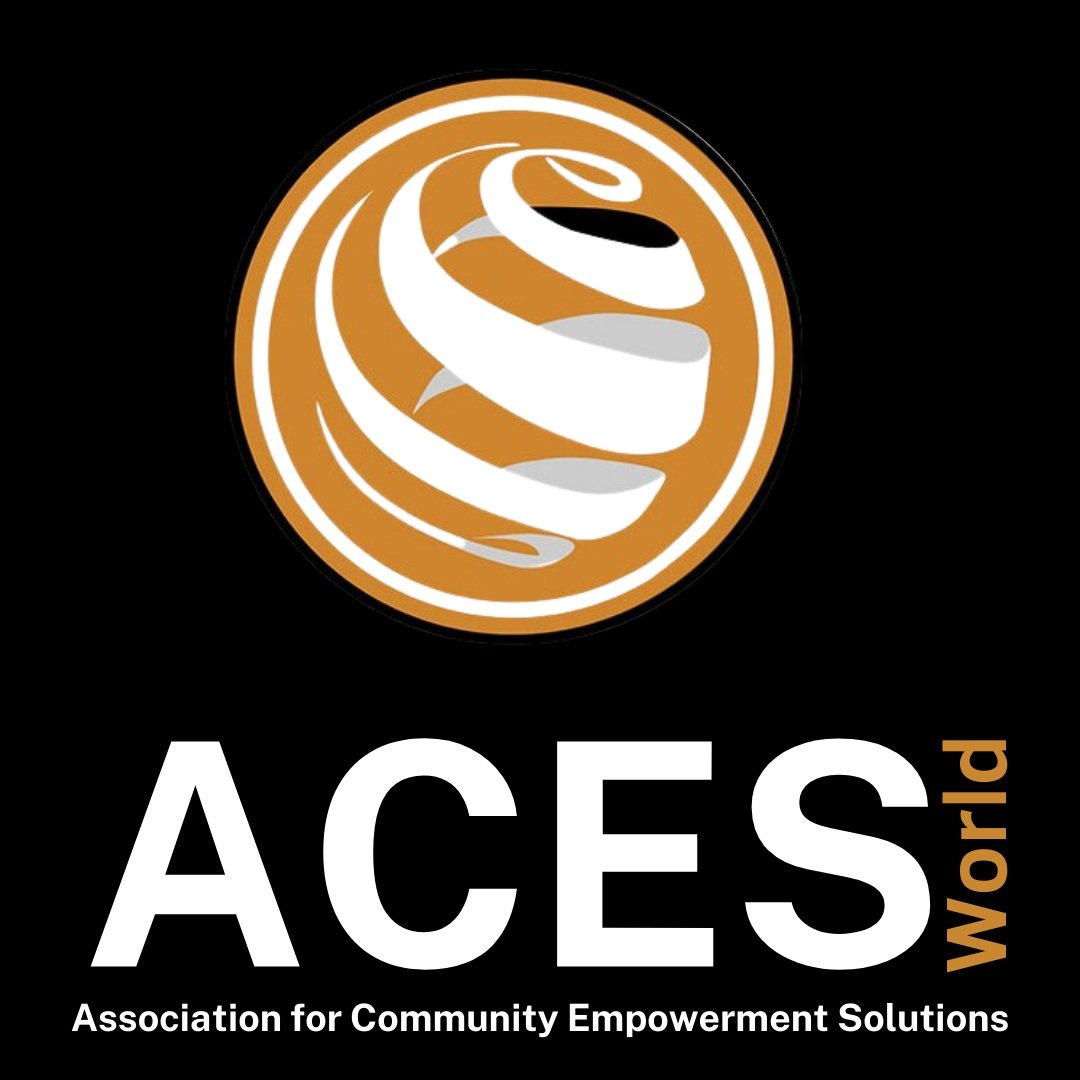World Refugee day
June 20th is World Refugee Day. This week we learn about the refugee experience as well as celebrate the strength and resilience they possess to face challenges on their journey to a better life.
No one becomes a refugee by choice. We must understand refugees with an open and compassionate heart.
Life as a Refugee
The plight of refugees is distressing. Violence, armed conflict, persecution and natural disasters disrupt their once peaceful lives and force them to start a new life elsewhere. A life where their basic needs and rights are not adequately met and services that they previously had access to are difficult to access or no longer accessible to them.
The biggest challenge refugees face is limited access to money, especially in holding centers where the options are essentially absent. It is when refugees are transferred to settlements, that they are given land to cultivate crops and receive monthly cash distributions. This money helps pay for their basic needs and school fees for their children. But the money they receive is usually not enough, prompting them to sell the food distributions and other supplies they receive for money, as well as engaging in cash-for-labor activities outside the holding centers and settlements.
Additionally, access to education is completely hampered in holding centers. Although organizations working in these arrangements organize activities for children, it does not replace traditional schooling. However once children are transferred to refugee settlements, they are able to attend schools put in place by governments.
While basic health services are accessible to refugees both in holding centers and settlements, menstrual hygiene management and sexual reproductive health education and services are far and few. Single-use menstrual pads may be distributed, but the supply cannot keep up with the demand. As such, women and girls are unable to manage their menstrual cycle with dignity.
Although cases of gender-based violence are low in holding centers due to the high population of women and children, the opposite is true in settlements. Refugee camps tend to house at least 30,000 people per settlement. Because of the crowded conditions and the fact that most of the women are widows or separated from their husbands, they are sexually harassed. And since refugees are housed together, it is hard to track and report these crimes.
Uganda: Model Host Country
"Uganda is a hospitable country and refugees have been very well received. Before partners came in Bwera, host communities came to donate necessary items because they have hospitality. But there are some documented hostilities due to economic challenges, but they are very few compared to Western countries. " (Yosia Baluku, GEDA-Uganda)
"Uganda has an open refugee policy because of our hospitality. Most of them are our neighbors, they are our brothers and sisters. We are paying back countries [that] have hosted us during the Idi Amin [regime]. Refugees, as much as it is a burden, there are benefits. Organizations are willing to help fund refugee work as it creates work for local Ugandans. It is better to learn that it is not someone’s wish to become a refugee. If one becomes a refugee, it is bad to block them. That is their only hope. They will block their hope." (Isaac Opio, AYADO)
Lessons Learned
ONE - Refugees are vulnerable people so having passion is very key when working with them because they are by nature stressed. They need to be treated with kindness and compassion because they are traumatized.
TWO - Refugees are very responsive to calls for workshops, training and meetings. Activities that engage refugee leaders to participate are important, as this yields more success. So working together with them is important, as is working with other stakeholders. When you work in synergy with partners and governments, you are more likely to make a bigger impact.
THREE - It is always good to do an assessment and solicit refugee’s feedback and input. As you design the project, make sure it meets their needs.
Special thanks to Mr. Yosia Baluku, Director of Partnerships at GEDA-Uganda, Isaac Opio, Founder/Exec. Director at AYADO and Francoise Mutuyimana, Program Manager at SOFERES for their insight into the experiences of refugees and their work with refugees.

